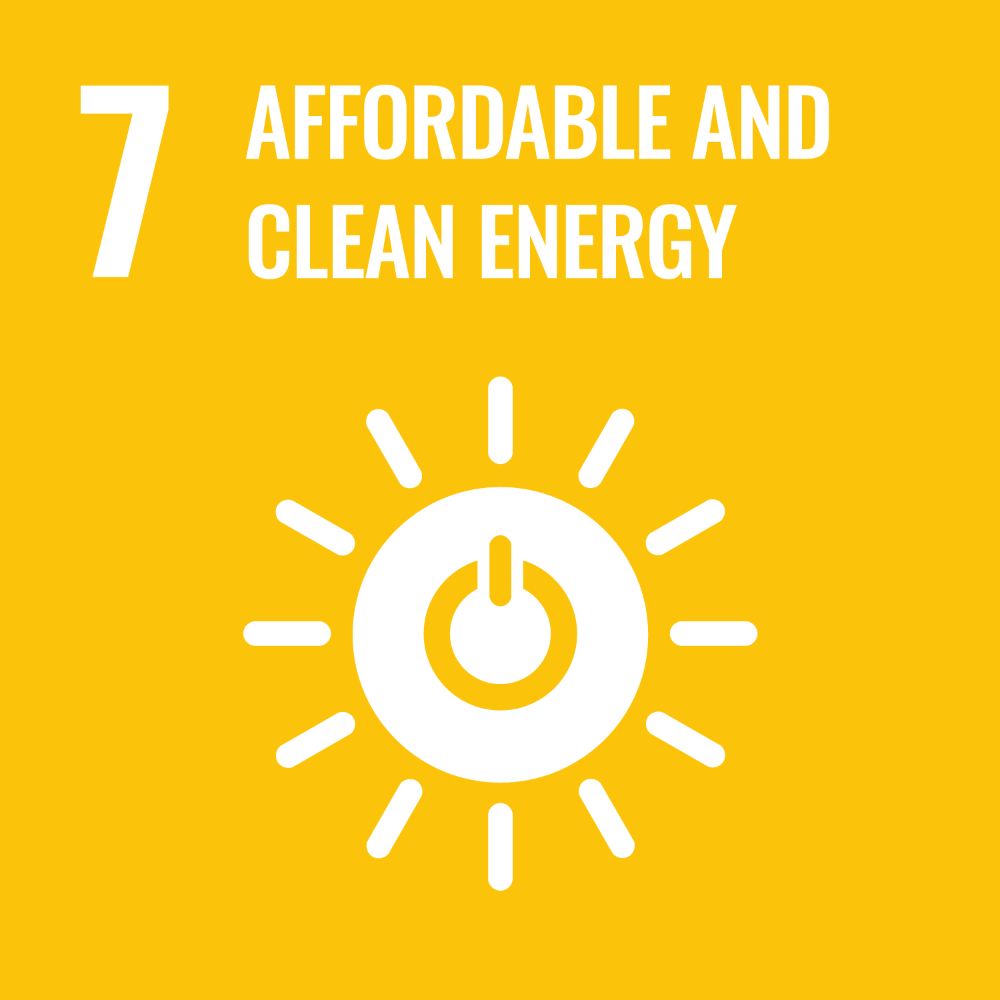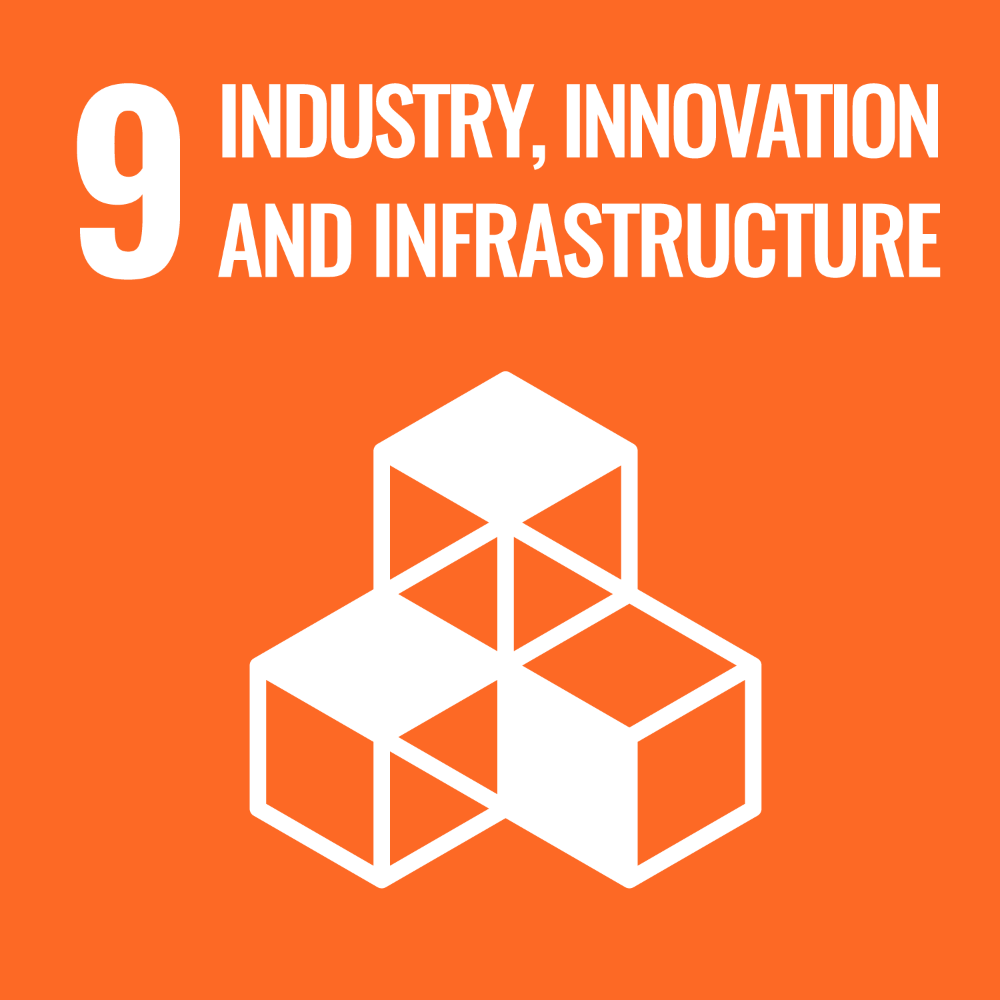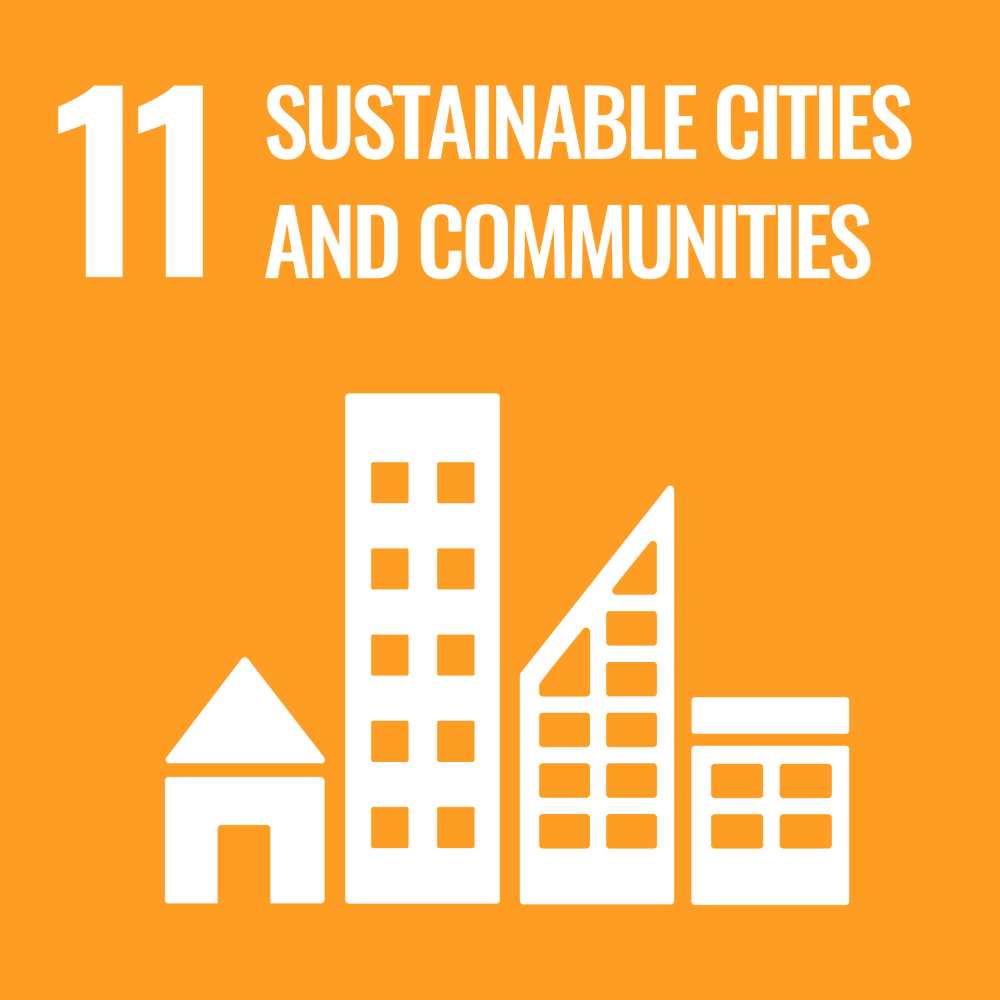What will you learn? - Reliability, Availability, Maintainability and Safety (RAMS) - Master's Programme
What will you learn?

Product and system complexity is increasing. Many technical products and systems are combinations of software, electronics and mechanical components. Also, the interactions between technical systems and the economical/social systems of our global society are becoming tighter and more interdependent. This further complicates the picture.
In order to attain the desired RAMS characteristics of a product or system, structured approaches are necessary to
- quantitatively predict RAMS product/system performance to decide whether the performance is as good as desired or not, and
- systematically identify and remove undesirable/intolerable RAMS characteristics.
Some industries, like the nuclear, space and oil/gas industries have already practiced this for several decades. But still, we see a need to continuously improve current approaches to increase their accuracy. Other industries are only awakening to the need for RAMS, for example, as they
- see that they have warranty costs that are as high as 10 - 12% of their gross sales
- are facing devastating liability claims due to harm caused by their products
- realize the high costs of product recalls due to potentially harmful product characteristics (unless insured)
Customers are also getting more focused both on cost of ownership (where cost of failures and repairs are central) and safety characteristics of their products. In addition, safety requirements are imposed on products and systems through legislations and directives (e.g., the EU Machine and Toy Directives requiring a long range of products sold in EU to be CE-labelled).
Safety for preventing environmental damage
Detecting an error in a system, product or infrastructure can prevent environmental damage. Do you want to contribute in ensuring that for example oil and gas-, wind power- and hydro power facilities are operating safely?
 |
 |
 |
 |
Learning outcomes
Learning outcomes
Learning outcome
General competencies
The general objective of the international master programme in RAMS is to give the students knowledge and skills to develop, operate and maintain safe, reliable and maintenance friendly systems.
Knowledge
By completing the master programme RAMS it is expected that the student shall:
- Possess deep disciplinary knowledge within the areas of safety, reliability and maintenance
- Know about, and be able to use the theories and methods that forms the basis for these areas
- Know the research frontier in the area for which the candidate write his master thesis
Skills
By completing the master programme RAMS it is expected that the student shall:
- In an independent manner be able to utilize the achieved knowledge, theories and methods to find overall solutions on safety, reliability and maintainability challenges for industrial applications and public administration
- In an independent and critical manner be able to judge models, methods, analysis tools, calculations and information techniques, and choose among alternative solutions and concepts
- Be able to treat complex disciplinary questions and challenge establish knowledge and practise within the RAMS area
- Conduct an independent research or development project under supervision
General competence
By completing the master programme RAMS it is expected that the student shall:
- Be able to explain the impact of the field in a holistic social perspective, and be able to judge ethical problems arising in the RAMS area
- Be able to communicate research and development work through recognized national and international channels
- Be able to identify the need for further/new research and innovation within the RAMS area
- Be able to communicate disciplinary challenges and solutions to specialists and the public
- Be able to lead and motivate colleagues and contribute to interdisciplinary cooperation
